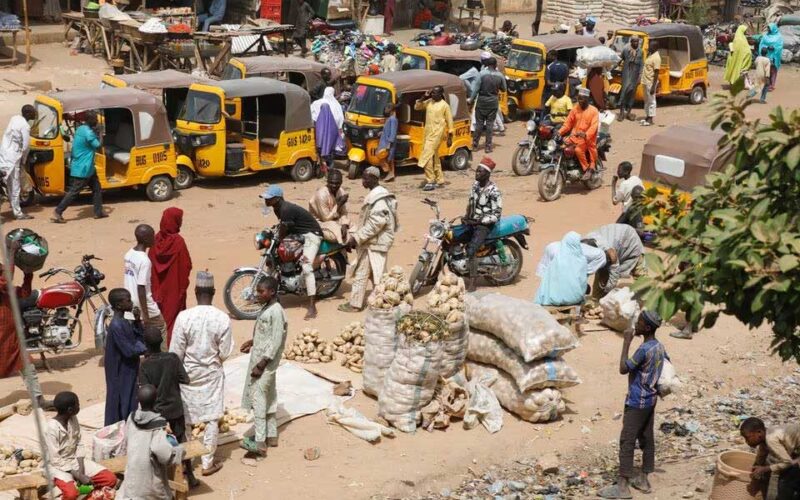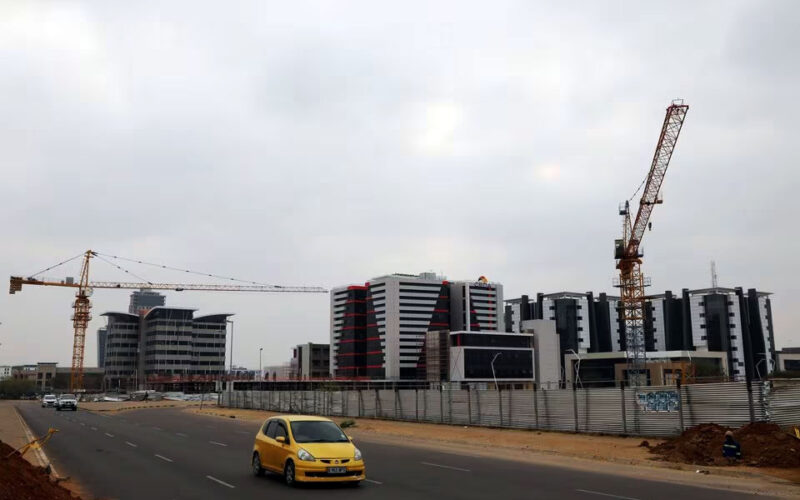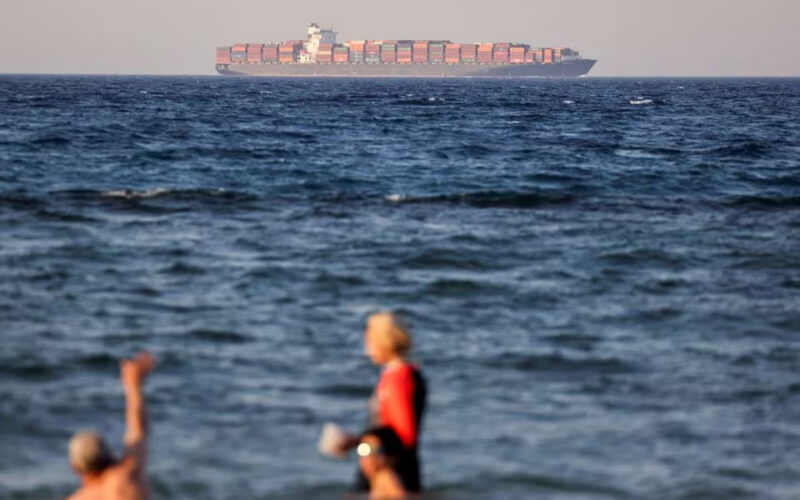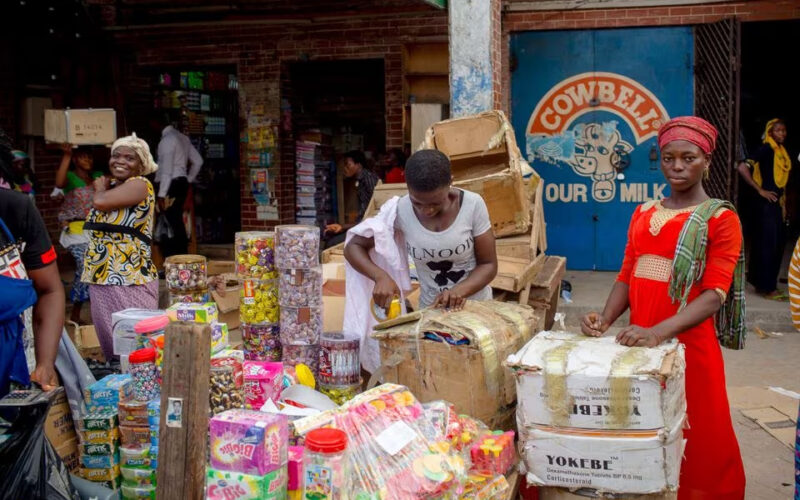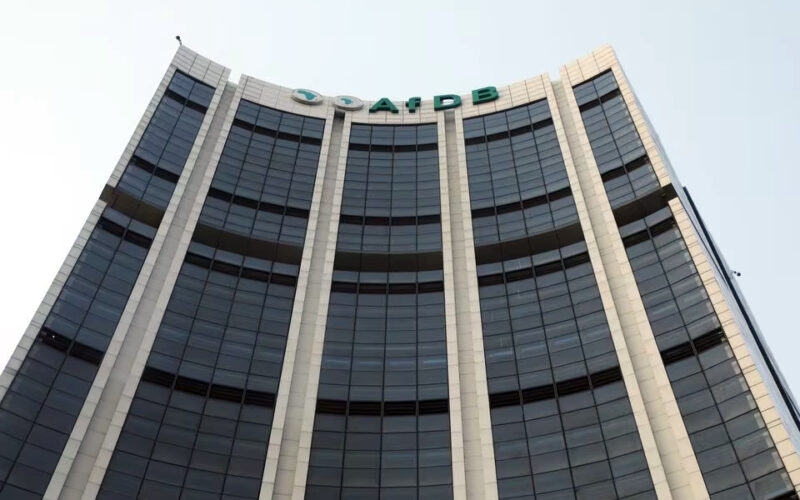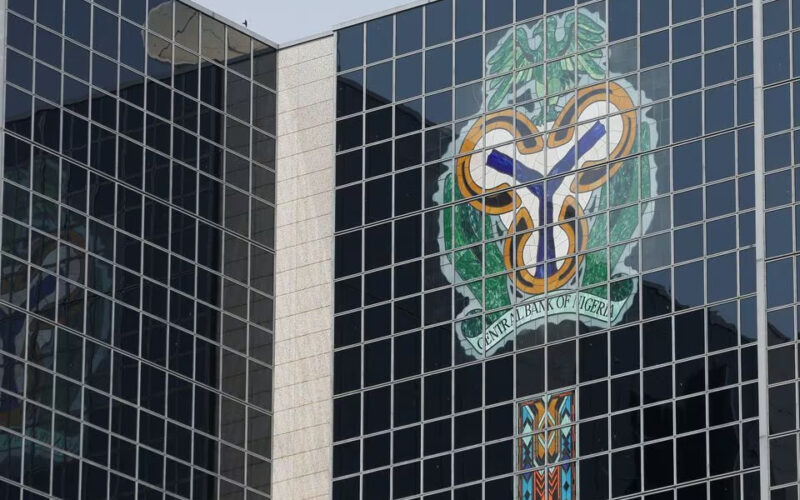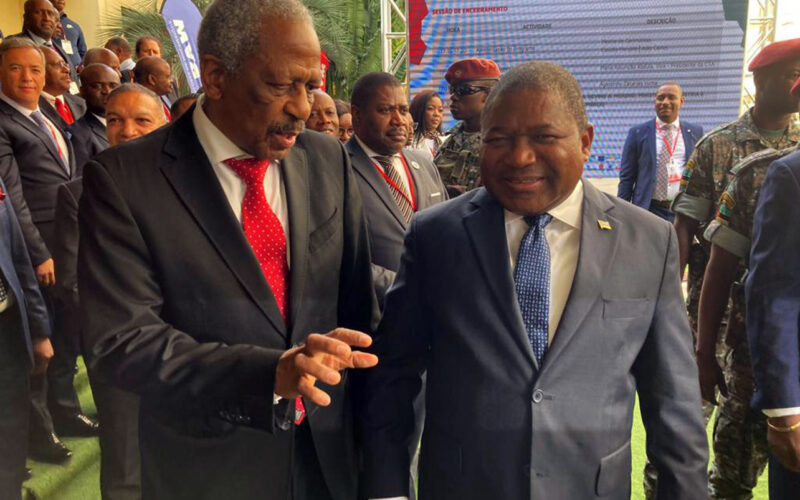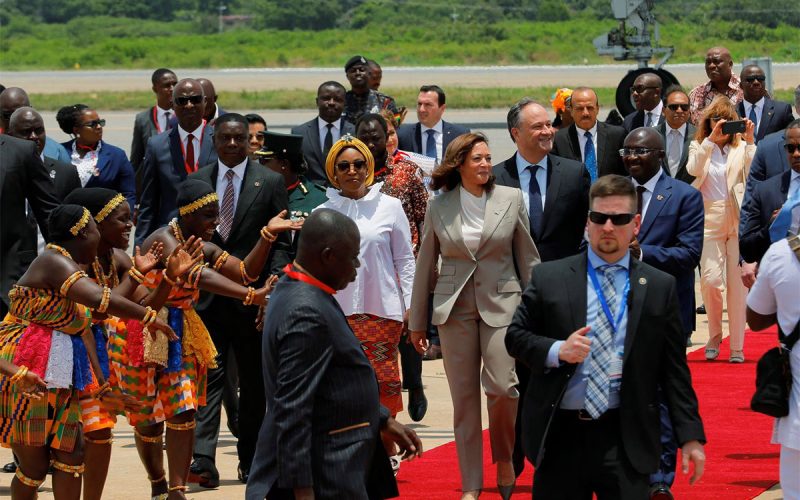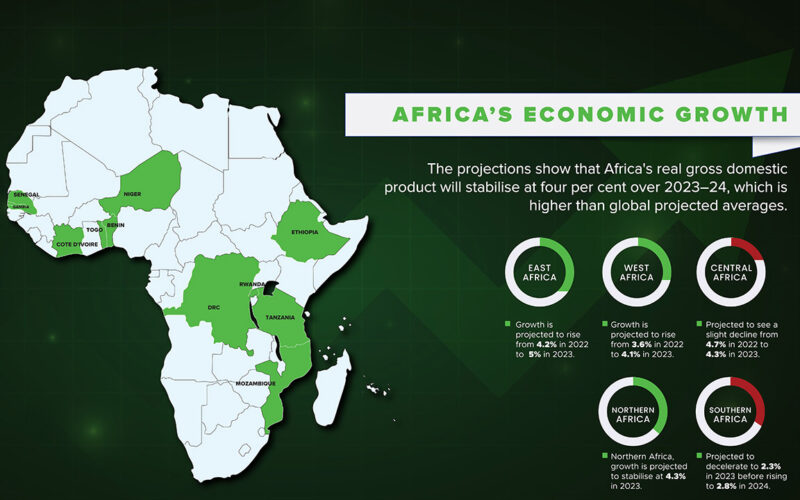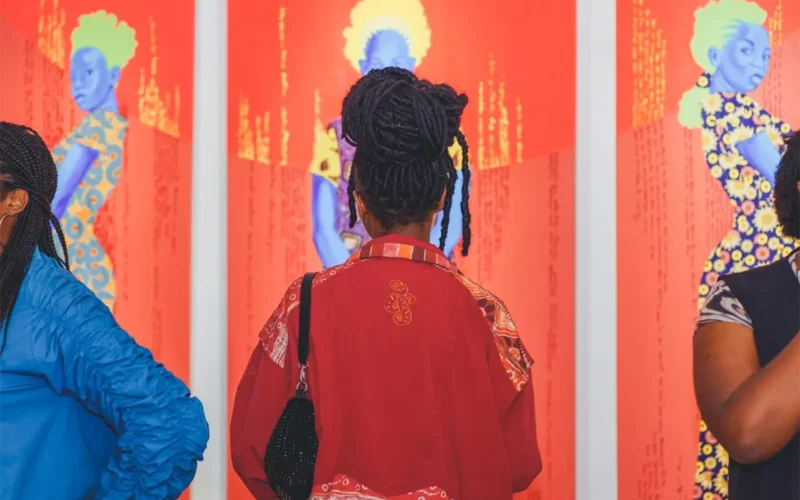
Cultural wealth can drive economic growth in African cities
WITH the right policies, African cities hold immense potential to drive significant economic growth by capitalizing on their rich cultural heritage and harnessing the creativity of their youthful populations, according to a new report. “Africa’s urban landscapes are not just repositories of heritage and tradition; they are dynamic centres of innovation, awaiting the right policies to support unlocking their full potential,” the report finds. Titled 'African Alternatives: The Future of Creative Cities,' the report is published by the World Cities Culture Forum, a network comprising local governments and cultural sector leaders from 44 global cities. Through interviews with over 150…

